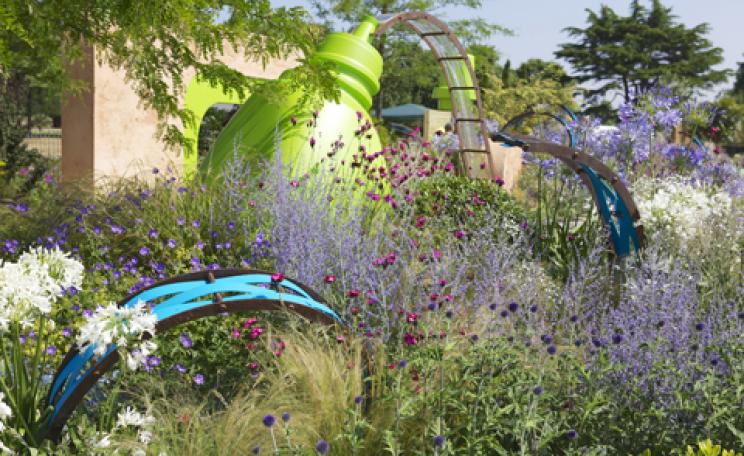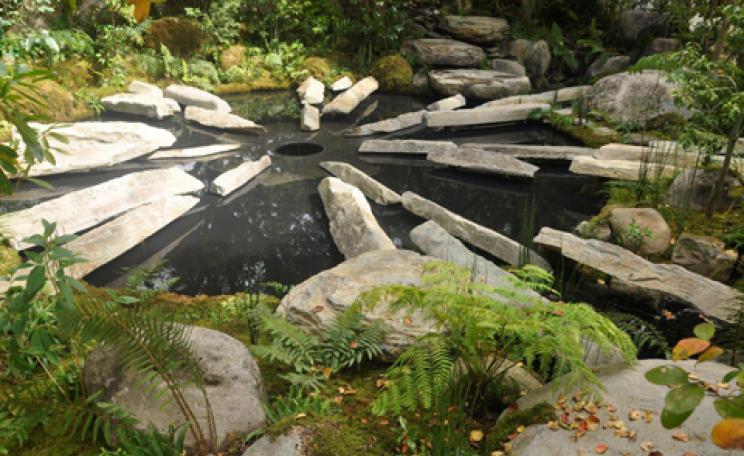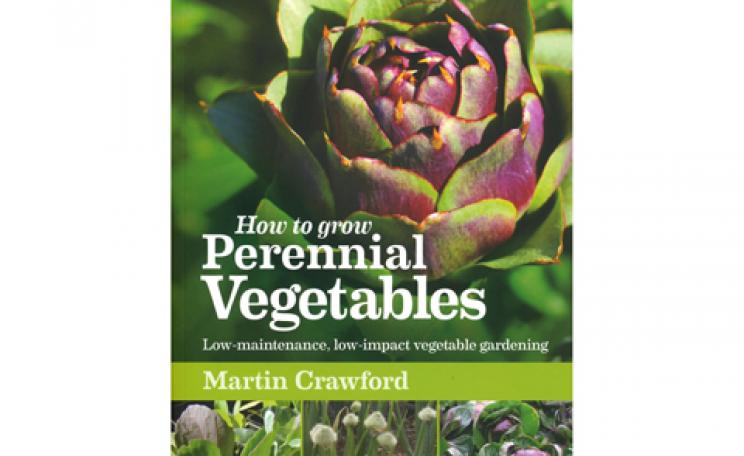For years, gardeners have been told to use chemical fertilisers with their high nitrogen, potash, and phosphorous content; the three main elements that plants need in order to grow. But according to Ben Raskin of the Soil Association, many chemical fertilisers contain more than triple the amount of minerals that your fruit and veg actually need. ‘This is problematic,’ says Raskin, ‘because the excess minerals are then washed away by rain and irrigation and find their way into water sources used by both humans and animals, creating a major pollution risk.’ Unlike farmers, most of us aren’t growing food for sale; so don’t need turbo-charged chemical fertilisers; particularly when the large number of eco-friendly alternatives is taken into account. Here are five of the best.
 Kelp
Kelp
Kelp-based fertilisers contain potassium and a little nitrogen but the true benefits are the long-term effect they can have on your plants. Kelp has been shown to stimulate soil development, which in turn enables plants to thrive and increases overall yield. It also enables plants and crops to develop a higher tolerance for extremes of temperature such as ice and prolonged periods of sunshine. While you can buy kelp in garden centres, the cheapest way to get your hands on some is to gather and compost it yourself.
Cow manure
The most commonly used type of muck; cow manure is rich in nutrients that feed plants and soil alike. As with chicken manure, applying fresh directly to plants can burn them, so you have to properly compost it before use. If you’re using it on fruit and vegetables, it’s worth searching for manure produced by organically farmed cows, otherwise you risk putting chemical antibiotic residues, among others, on your plants.
Alfalfa meal
Alfalfa meal is another plant-based fertiliser that benefits the garden in subtle ways, although it does contain a decent amount of nitrogen as well as some potassium and phosphorous. Alfalfa’s real benefit is that it helps improve soil quality and enables production more nutrients for plants to feed from, which increases plant growth over time. It works particularly well on roses and can be bought from most garden centres.
Limestone
Limestone fertiliser is usually a healthy addition to soil but benefits differ depending on the source of the stone. Used to balance PH levels in soils with high acidity, limestone also contains calcium, which helps with overall plant growth, and magnesium, which encourages stronger, healthier plants. With limestone fertilisers, it’s important to test levels of acidity in your soil to determine how much, if any is needed before application.  Chicken manure
Chicken manure
Chicken poo contains more nitrogen, potassium and phosphorous than any other type of manure and it’s a great source of other nutrients such as calcium and magnesium to boot. The manure can be bought in pellet form or you can ask a friendly farmer for leftover chicken muck and compost it yourself. However, you must make sure that the manure is properly composted before use as the high nitrogen content can burn plants if the manure is raw. Also, as Raskin points out, make sure that your fertiliser comes from a free-range chicken farm in order to maintain the organic and nutritional value.
| READ MORE... | |
 |
GREEN LIVING Super nature: creating a wildlife garden From birds to dragonflies and butterflies to bees, Hazel Sillver explains how to turn your garden into a haven for wildlife |
 |
GREEN LIVING How to…grow your own herbs Whether you’re after a garden that’s both pretty and practical, or a ready supply of flavoursome home-grown herbs; Hazel Sillver has the goods on making your dream herb garden a reality |
 |
GREEN LIVING What is a seedbomb? In an exclusive extract from her new book, Seedbombs: Going Wild with Flowers, author and gardener, Josie Jeffery, explains the seedbomb phenomenon |
 |
GREEN LIVING Peat free compost: why to use and which to buy An avid gardener road-tests two brands of peat free compost, and gives you a recipe to make your own |
 |
REVIEW Grow Your Food for Free Packed with useful nuggets of advice; Dave Hamilton’s tome, says Andy McKee, has everything you need to kick start a more self-sufficient way of life |








